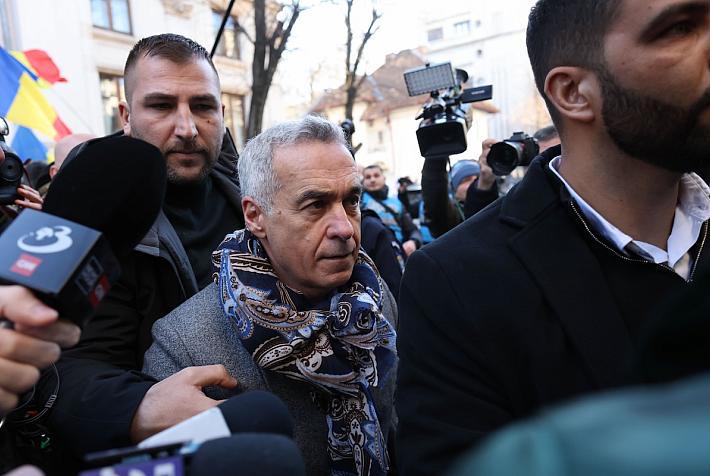New wage law draft provides high salary increases for employees in Romania’s public sector

Romanian doctors’ salaries should double next year while teachers’ wages should double in the next five years, according to the new public sector wage law draft. The leader of Romania’s Social Democratic Party (PSD) Liviu Dragnea presented some highlights of the new pay law on his Facebook page on Tuesday, April 4, and said the draft bill would be submitted to the Parliament for approval.
The draft law is based on the principles of non-discrimination and hierarchy. Non-discrimination means that people having the same studies and holding the same positions in the public sector should get the same salary. Hierarchy means that the director’s salary must be higher than the subordinate’s salary, those with higher education should earn more than those with medium education, and elected public officials should be paid better than public employees holding management positions.
“The hierarchy has been established following models from other European Union member states and to align all public positions to this hierarchy, the Government will allot RON 32 billion (some EUR 7 billion) by 2020, as promised in the electoral campaign,” Dragnea said.
The public wage law is one of the most important components of PSD’s governing program. All governments in the last ten years have tried to come up with unitary pay grids for the public sector and have promised to eliminate inequality in the system, but with little results.
The new law draft states that all salaries in the public sector would be established based on this law and no special laws would be allowed to set exceptions for some categories. The draft bill provides that the seniority bonus will be included in the base salary and will start from 0% for employees with no experience and will reach 25% of the base salary for employees with 20 years of service. It also sets a cap on other benefits, which can’t exceed 30% of the overall personnel expenses.
Based on the new law, a resident physician who starts in a clinic hospital in Romania could reach a salary of RON 5,700 (EUR 1,266) in 2018, up from RON 2,621 this year. The salary of a senior MD working in the emergency room could go up to over RON 16,600 (EUR 3,700), up from RON 6,000 in 2017. A nurse with upper education and no experience should make RON 3,950 (EUR 875) next year, up from RON 1,700 now, while a senior nurse could reach RON 5,100 next year from less than RON 3,000 at the moment.
The salaries of other public employee categories should also increase significantly over the next five years, according to this draft bill. A university professor should earn RON 13,600 (almost EUR 3,000) in 2022, up from RON 6,050 now, whereas an experienced high-school teacher should get RON 6,900 (EUR 1,520), up from RON 3,500.
A senior librarian could reach a salary of RON 6,600 (EUR 1,461) in the next five years, from close to RON 4,900 now. The wage of an actor would reach RON 6,900 (EUR 1,500) in 2022, up from 4,700 (EUR 1,000) in 2017.
The salaries of the personnel in the national security sector will be equalized so that the employees in the army would earn as much as those in the public order sector holding similar ranks. Soldiers’ base salaries would thus more than triple from RON 754 now to RON 2,500 in 2,500. Army sergeants will see their salaries increase from RON 1,141 to RON 3,900 by 2022 while police sergeants will also reach RON 3,900 in 2022 from RON 1,450 at the moment. Army colonels will have their wages doubled from RON 3.318 to RON 6,844 by 2022 while police chief commissioners, who now make RON 6,305 per month will also have a slight wage increase, to RON 6,844.
In the justice sector, the wage of a senior prosecutor will start from RON 12,500 (EUR 2,750) this year to reach RON 13,600 (EUR 3,000) in 2022. Meanwhile, a senior judge will see a wage increase from RON 12,500 to RON 14,260.
PSD's public wage law has determined a lot of debate in Romania recently. While some agree that some categories of public employees such as doctors should be paid better to prevent them from seeking better paid jobs abroad others point out to the fact that the law doesn't set any performance criteria.
Moreover, the law will further widen the gap between employees working in the public sector and those working in private companies. The average salary in the public sector is already higher than the one in the private sector. Local entrepreneurs are worried that the business sector will have to pay the bill for the salary increases in the public sector in the next years. They say that the public sector is inefficient and thus the 56% average wage increase in the next five years is not justified.
Romanian labor minister: Public salaries below RON 4,000 will double
editor@romania-insider.com












